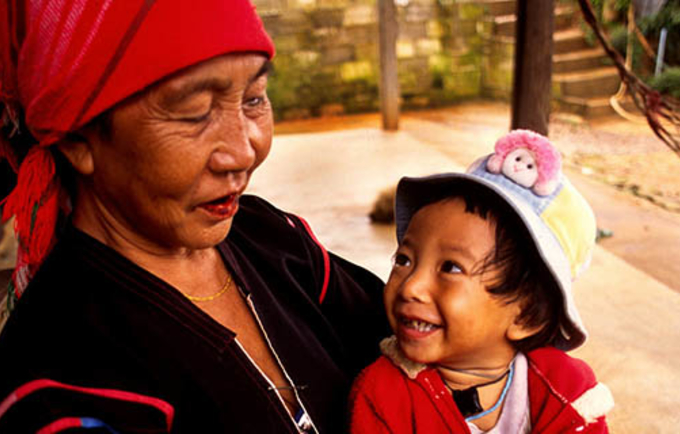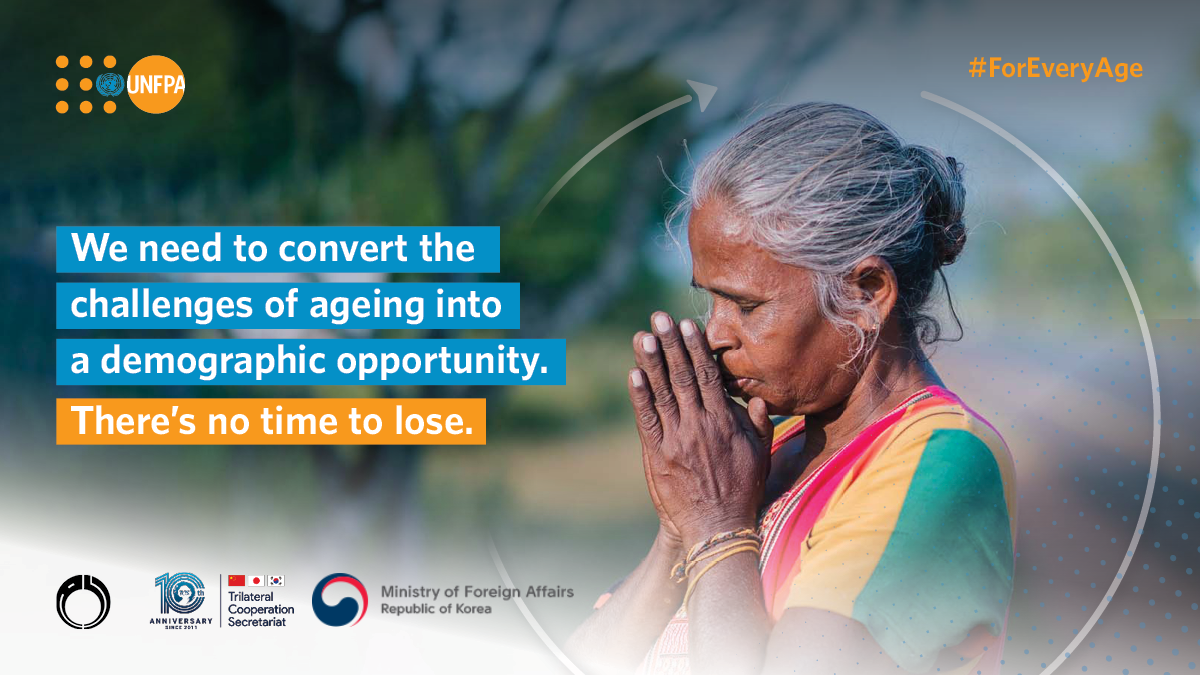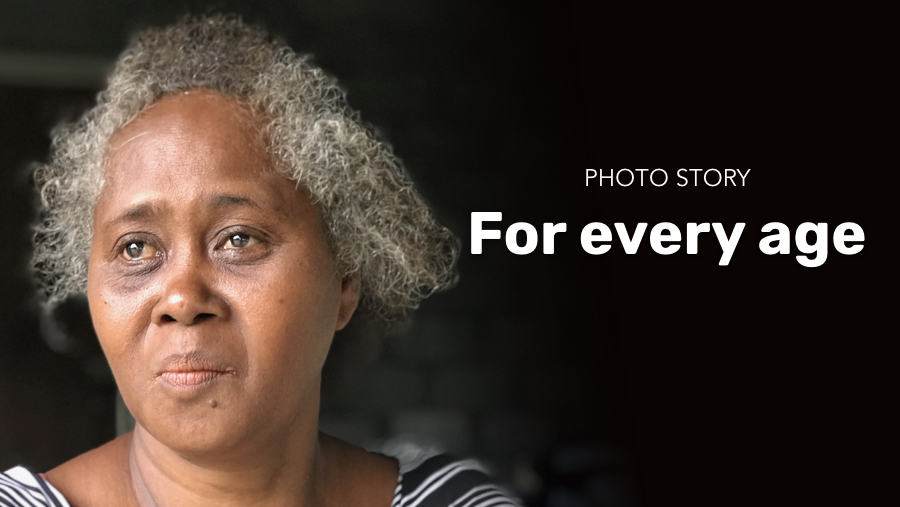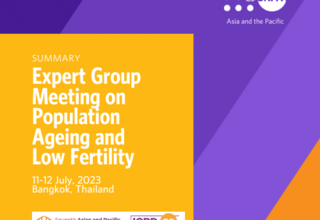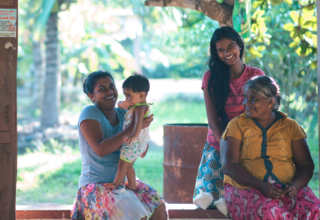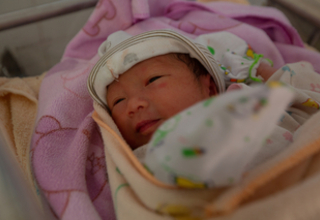The number of older people in the Asia-Pacific region is rising at an unprecedented rate and it is at the forefront of the global phenomenon of population ageing.
By 2050, one in four people in Asia and the Pacific will be over 60 years old. The population of older persons (aged over 60) in the region will triple between 2010 and 2050, reaching close to 1.3 billion people.
While increasing longevity is a positive outcome of social, economic and technological development, the rapid pace of ageing has profound and far-reaching social, economic and political implications.
A large number of older persons have to grapple with income insecurity due to a lack of social protection and accumulated assets. Only about 30 per cent of the older population in the region receives some form of pension
Older women are more vulnerable to poverty than older men due to a combination of relative disadvantage throughout their lives, including lower educational levels and the continued reliance on women in many societies to provide unpaid family work, including care giving. In times of upheaval, elderly women and men are among the most vulnerable groups.
While there is still a strong tradition of family and community support for older persons, changing family structures combined with migration are resulting in the gradual weakening of informal support systems. Yet most countries’ health-care and social support systems have limited capacity to meet the need for geriatric care services.
Key facts
The number of older people in the Asia-Pacific will triple reaching 1.3 billion by 2050.
Women constitute the majority (53 per cent) of the population aged 60 or older in the region, and their share rises to 60 per cent above age 80.
In promoting specific policies to improve social protection for older persons, UNFPA helps governments develop community-based support for the elderly and social protection programmes and advocates adpating a life-cycle approach.
